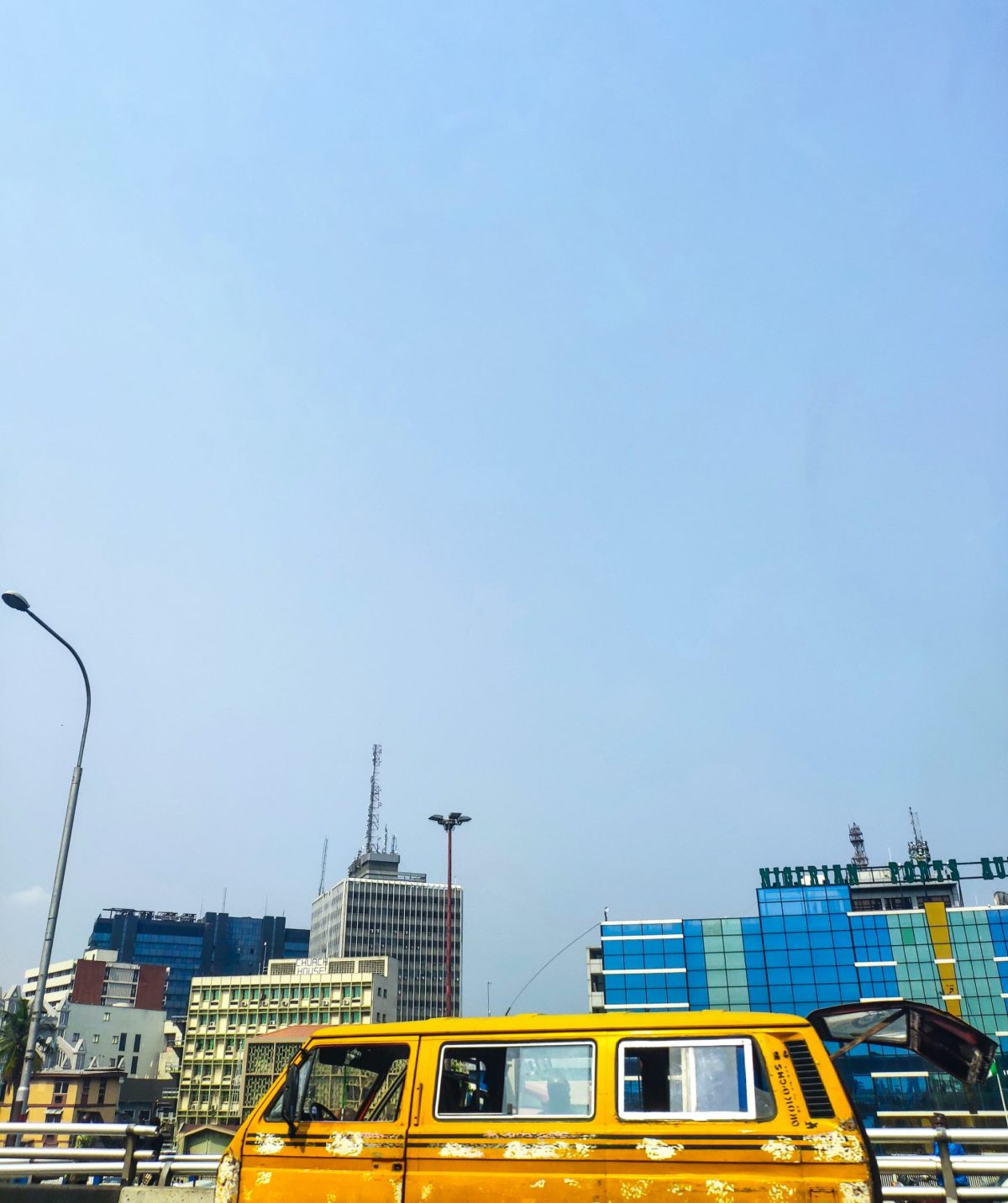
Deloitte
African Governments maintained spending on infrastructure, in spite of Covid and rising debt levels. At the same time, West Africa has, for the first time 2016, led the continent in both the number and value of infrastructure projects.
The Deloitte African Construction Trends 2021 Outlook, which tracked infrastructure and capital projects (I&CP) activity across Africa, analyses who owns, who funds, and who builds infrastructure projects. This includes monitoring continental, regional and sectoral trends of I&CP projects of at least US$50 million in value that had broken ground but had not yet been commissioned by 1 June last year.
The report covers report covers 462 projects with a total project value of US$521 billion. The number of projects in 2021 increased by 20%, from 385 projects in 2020. The total value of projects under construction increased by 30.7%. Deloitte highlights Transport and Energy & Power projects as having consistently been key contributors to the sectoral mix of projects underway, with the Real Estate sector – most prominently Commercial Real Estate – emerging as a critical sector in recent years.
“African government continue to play a critical role as owners of infrastructure projects and both public and private investors have managed to help increase spending even through the pandemic,” says Alex Moir, Industrial Products and Construction (IP&C) Leader at Deloitte Africa. African government own 73.8% of projects under review.
African Governments have also consistently been the top funders at 31.8%, with international development finance institutions (DFIs) and African DFIs as important financiers too. The share of projects funded by China stood at 10.6% in 2021, the single largest by country or region. China remained the largest builder on the continent with 21.4%.
In this edition, West Africa is, for the first time since 2016, leading by the number and value of projects, with 153 projects valued at US$172.8 billion. Southern Africa recorded the second largest project share by value at US$147.7 billion, followed by North Africa at US$132.2 billion.
East Africa’s high growth and economic development saw the region lead by the number of projects annually over the three-year period from 2018. Last year the region recorded 102 projects at US$60.6 billion, a decline from 118 projects at US$77.7 billion in 2021.
“Seeing Africa’s top regions take action on being investment catalysts and sustainability more broadly is not a choice. It’s an imperative. And In line with the region’s infrastructure goals, East Africa’s top 10 projects were mainly in the Transport sector with five projects, an outstanding achievement”, Moir says.
He adds: “Infrastructure projects have made impressive progress in the past few years, with many collective environmental and societal focuses that have the potential to establishing new opportunities, strengthening community relationships, and investing in new ways to create value. All of this is the service of pursuing sustainable growth and is reflected in the key industry trends identified in the report.”
In the Southern African region, in value terms, the Real Estate sector recorded a share of 52% (US$76.7 billion). The high value of projects in the Real Estate sector was fuelled by investments in some mega projects in Mozambique and South Africa. Industrial Real Estate projects in recent years in Mozambique include the Rovuma LNG Project and the Coral South Floating LNG Projects.
Energy & Power accounted for 27.3% (US$40.3 billion) of the projects underway. Despite the Transport sector having recorded the most projects, the sector came third in value terms, contributing 8.6% (US$12.6 billion) in Southern Africa respectively.
The pandemic intensified the pressure to transform, testing capital injection resilience more than ever. “While governments have big decisions to make about how they address mountainous deficits, how they build more sustainable economies, and the future of growth, interestingly, the majority of the projects in Southern Africa over the period were government-owned (75.5%), a sign that recovery and interface between companies and government were on the rise,” Moir adds.
Governments around the world have seen an increase in debt levels over the past two years as they were looking to fight the pandemic but also maintain infrastructure spend. The International Monetary Fund notes that Emerging Markets Central Banks now hold the highest debt levels in 15 years.
The most valuable project in West Africa was the Ogidigben Gas Revolution Industrial Park in Nigeria, worth US$20 billion. The top 10 projects in the region were worth US$97.2 billion, accounting for 56.2%
of the region’s overall project value. While in North Africa, Private Domestic companies accounted for the region’s largest share of construction activity, constructing 31.4% of projects under study.

